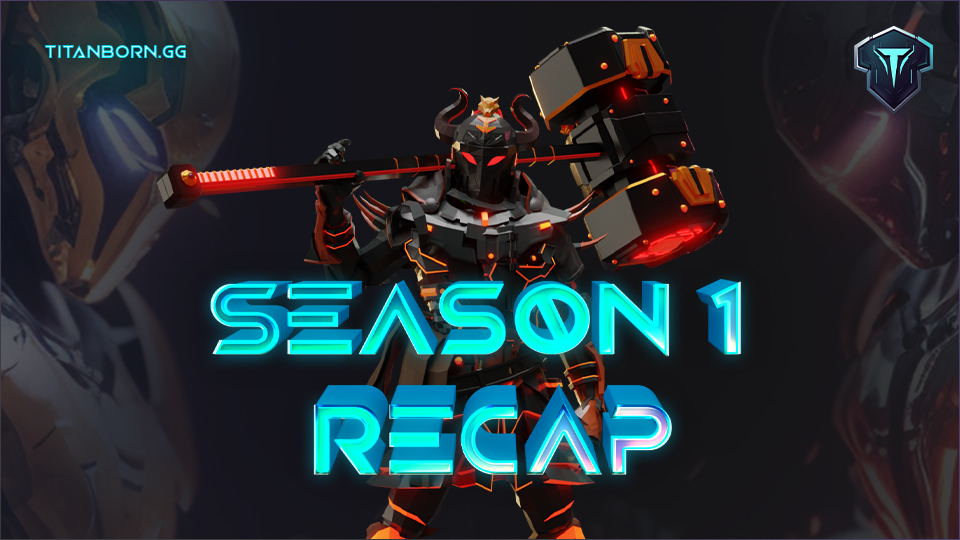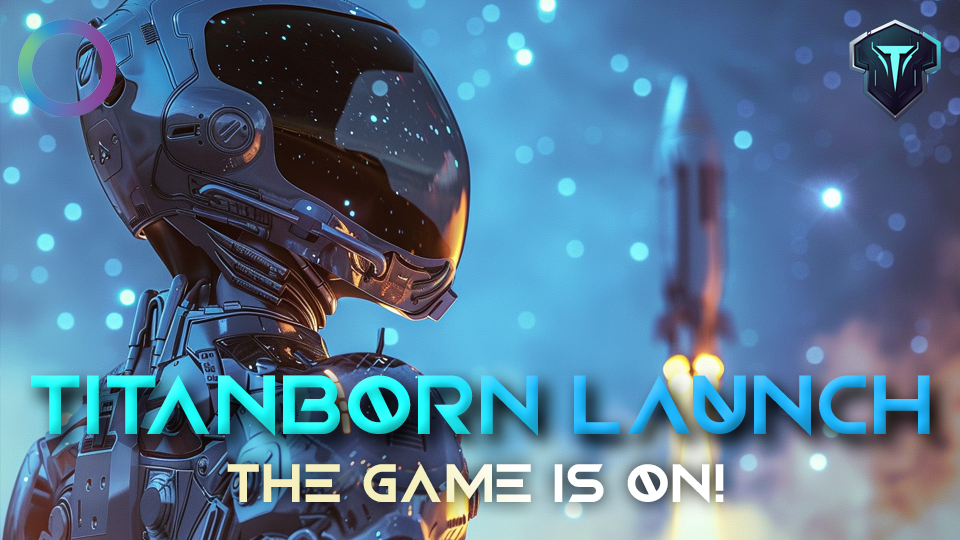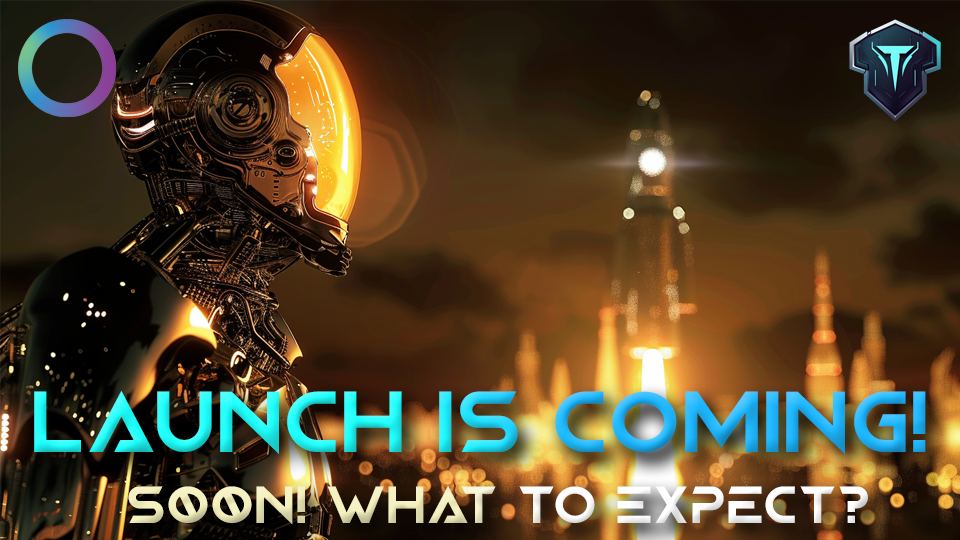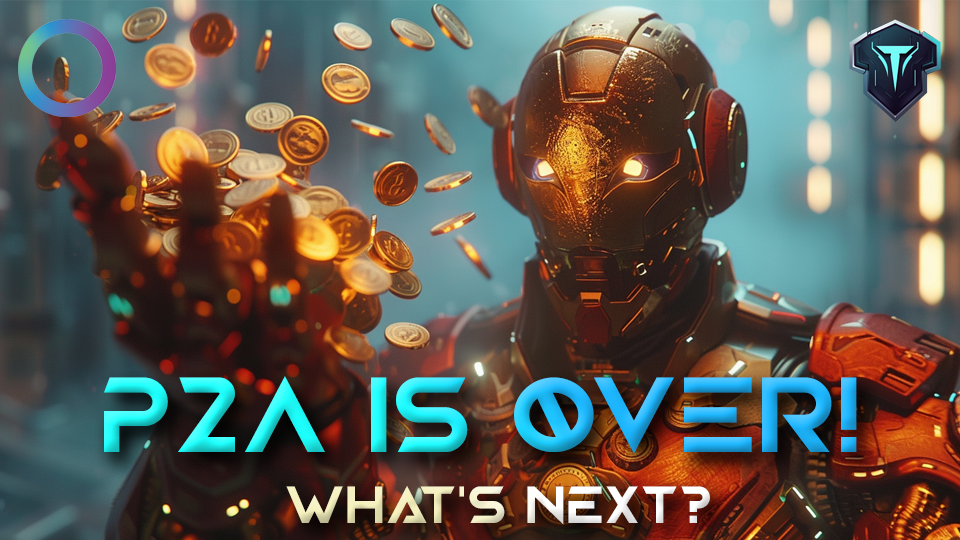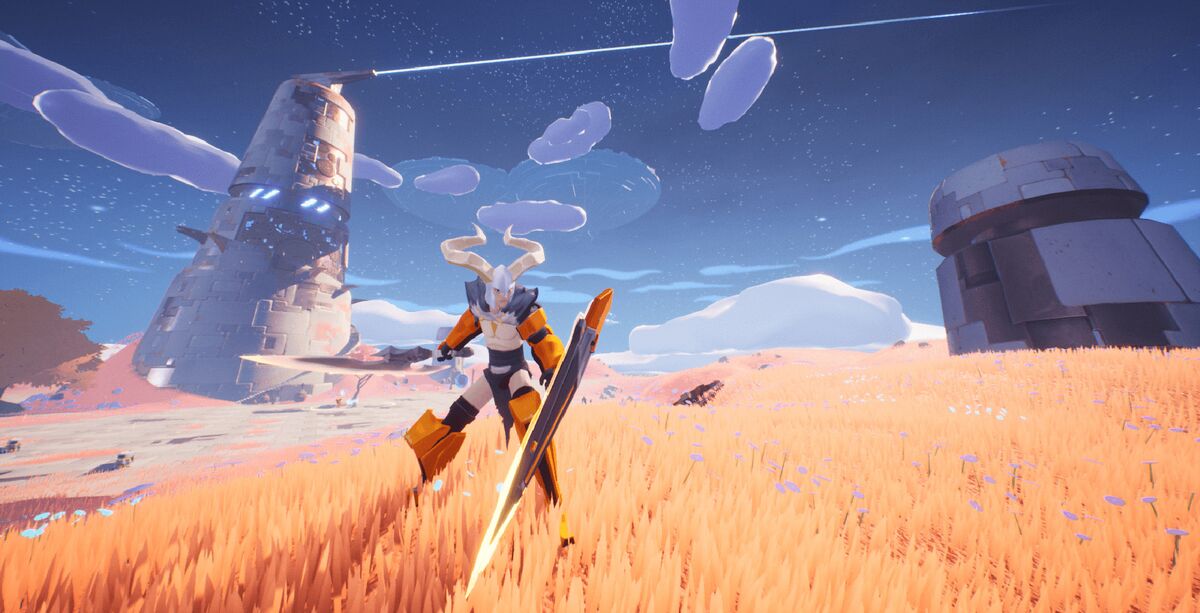
The gaming industry, a dynamic and ever-evolving sector, stands at the crossroads of technological innovation. As digital advancements continue to redefine boundaries, blockchain technology emerges as a game-changer, promising to revolutionize the way we play, trade, and interact in virtual realms. However, despite its potential, the gaming community remains divided on its adoption. Let’s explore this in depth.
- The promise of blockchain gaming
- Introducing TitanBorn by Revenant
- Gamers’ reluctance: a closer look
- Why gamers should reconsider blockchain
- The road ahead
The promise of blockchain in gaming
The concept of a gaming universe where players have genuine ownership of their characters, achievements, and in-game assets is not new. However, blockchain promises to make this a reality. Imagine a world where every item you earn, every character you develop, and every achievement you unlock is genuinely yours, free from the constraints of centralized gaming platforms. This decentralized vision is not just about ownership; it’s about creating a gaming environment that is transparent, immutable, and resistant to censorship. As Web3—the decentralized internet—continues to grow, the integration of blockchain in gaming seems not just plausible but inevitable. Yet, the journey is not without its challenges.
Introducing TitanBorn by Revenant
Amidst the blockchain gaming revolution, Revenant introduces its flagship game, TitanBorn. This cyberpunk arcade fighting game is not just another addition to the gaming world; it represents a quantum leap forward. TitanBorn transports players to a universe inspired by cyberpunk aesthetics, where the impending death of the Sun compels humanity to battle for the stars. The game’s narrative is rich and immersive, set in a distant future where players are tasked with determining the fate of their civilization.
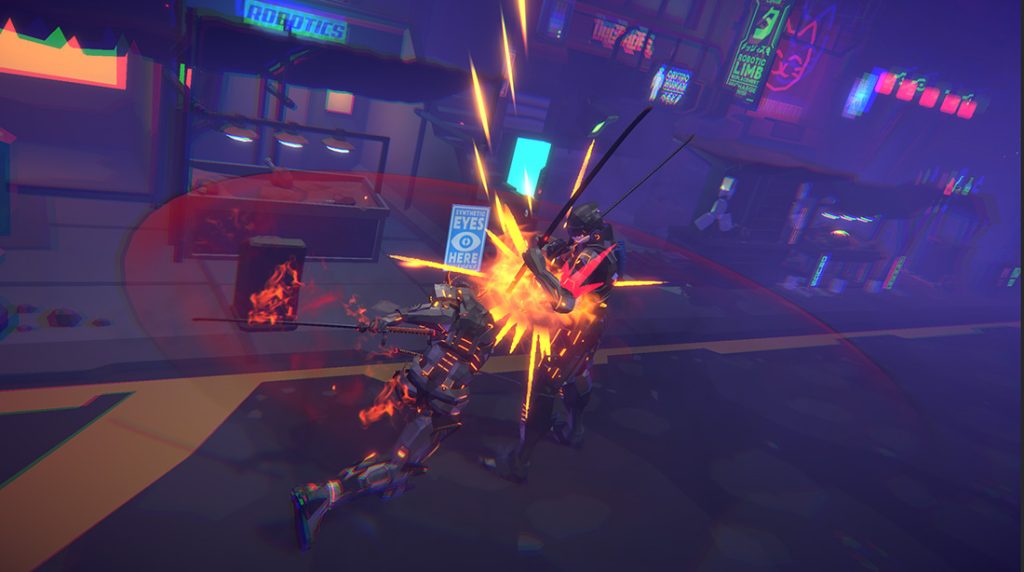
But what truly sets TitanBorn apart is its integration with blockchain technology. Players can genuinely own their achievements and in-game items, thanks to the game’s decentralized ecosystem. Furthermore, TitanBorn operates on the Polygon network, known for its rapid transactions and scalable infrastructure, ensuring a smooth gaming experience.
And there’s more! Revenant is offering a unique opportunity for its dedicated community. They are launching a free mint of 300 exclusive limited edition NFT Game Passes for TitanBorn. These passes are not just keys to the game; they are stakeable for the premium $TITANS token, transferable, and tradeable. The registration for this free mint starts on September 4th and culminates in the minting event on October 4th. This is a golden chance for gamers to be part of the TitanBorn universe and enjoy the benefits of blockchain gaming.
Gamers’ reluctance: a closer look
The gaming community, known for its passion and engagement, has shown mixed reactions to blockchain and related technologies like cryptocurrencies and NFTs. On one hand, there’s excitement about the potential benefits—true ownership, enhanced security, and cross-game compatibility. On the other, there’s skepticism, fueled by the negative connotations associated with the crypto world. Scams, hacks, and the volatile nature of cryptocurrencies have led to apprehension. The challenge lies in distinguishing the transformative potential of blockchain from the pitfalls of its early-stage evolution.
Why gamers should reconsider blockchain
Breaking free from centralized control
In traditional gaming, developers and publishers hold significant sway over the gaming environment. They can modify game rules, introduce updates, or even shut down servers, often without player consent. Blockchain decentralizes this control. In a blockchain-powered game, rules are coded into transparent and immutable smart contracts, ensuring that no single entity can make arbitrary changes.
True ownership of in-game assets
Today, when players purchase in-game assets, they are essentially buying licenses to use them, not true ownership. Blockchain can change this paradigm. By tokenizing in-game assets, players can have genuine ownership, granting them the freedom to trade, sell, or utilize their assets as they see fit, outside the confines of the game.
Enhanced security and reliability
Centralized gaming platforms are vulnerable to hacks, data losses, and server shutdowns. Blockchain, with its decentralized and encrypted nature, offers a more secure alternative. Data stored on the blockchain is distributed across multiple nodes, making it resistant to single points of failure.
Interoperability of gaming assets
One of the most exciting prospects of blockchain in gaming is asset interoperability. In a blockchain-powered gaming ecosystem, assets from one game could potentially be used in another. This could redefine gaming economies, allowing players to leverage their achievements across multiple platforms.
Provable fairness in gaming
Trust is a cornerstone of gaming. Players need to trust that the game is fair, that the odds aren’t stacked against them, and that they aren’t being cheated. Blockchain can institutionalize this trust. With game mechanics governed by transparent smart contracts and outcomes recorded immutably on the blockchain, players can verify the fairness of every game action.
The road ahead
Blockchain’s integration into gaming is still in its nascent stages. There are challenges to overcome, from scalability issues to environmental concerns related to blockchain’s energy consumption. However, the potential benefits—true ownership, enhanced security, interoperability, and provable fairness—paint a promising picture for the future of gaming.
In wrapping up, while the road to fully integrating blockchain into gaming may be long and winding, the destination promises a more empowered, transparent, and enriching gaming experience. Gamers and developers alike need to come together, look beyond the misconceptions, and collaboratively shape this exciting future.


